WHAT ARE THE CAUSES?
Pipe bursts can cause damage in your home ranging from relatively minor to absolutely devastating. Pipes in your home can burst for a variety of reasons.
Water freezing: In cold weather climates, frozen water flow is the most common reason for burst pipes. When the water in your pipes freezes, the volume of it increases by about 9% and up to 10,000 times pressure per square inch. This doesn’t happen slowly but rather fast, causing massive pressure in a small section of a pipe. However, many pipes don’t burst exactly where water stopped to freeze and expand. Instead, this type of blockage causes water pressure downstream, between the faucet and the blockage, to increase. With 37% of frozen pipe failures occurring in the basement, it may not be immediately obvious to you and can cause catastrophic damage.
Faulty fittings: When the fittings on your pipes are faulty or improperly attached, pressure from water flow in the pipes can cause these fittings to burst and cause flooding from the seams.
Rusty pipes: Pipes don’t last forever and will eventually begin to corrode and break down. When this happens, pressure in your pipes will be great on the weak areas and cause leaks or bursts.
Hard water: When water has high magnesium and calcium content, the water is considered harder. While these elements are not harmful to humans, they can build up in your pipes or faucets and slow the flow of water. This causes more pressure from water flow and can result in a burst pipe. These elements have also been known to slowly corrode pipes, causing holes where water can leak over time.
WHAT IS THE IMPACT?
When you are aware of a leak in your home, the first thing you must do is shutoff your water. Once that’s done, opening a faucet to allow backed up water to release from your pipes will allow the pipes to empty. Depending on the reason for the pipe burst, the next step would be to call a professional.
Water damage is the second most filed claim in the United States. The average claim on residential insurance for a broken pipe is over $10,000. However, the damage can be much greater depending on what you have in the area of your home the leak is in. Within 24 hours, mold begins to grow in still water, which may cause rot in furniture and other items. These types of leaks can damage personal property, destroying irreplaceable mementos.
HOW CAN YOU PREVENT THEM?
You can prevent pipe bursts due to frozen water and cold weather by having your plumbing system insulated. While the average cost to do this is a couple hundred dollars, it depends on how accessible your pipes are, the length of your plumbing, if you are self-installing or hiring labor, and it does not completely guarantee your pipes won’t freeze.
Even if your pipes are insulated, installing a leak detection system not only helps with prevention before a burst but also prevents flooding from causing more damage than it has to. These systems alert you of potential dangers, such as low temperatures, as well as automatically shutoff your water flow when it detects an unusually extended period in which your water is running.
Prevention isn’t just important before leaks and floods, but is also important to ensure flooding causes as little damage as possible if it does occur. Pipe bursts are common in cold-weather areas and can cause massive flooding damage. Know your risk and take steps to prevent this type of leak before it’s too late.
Learn more about Preventing Water Leaks in your home.
